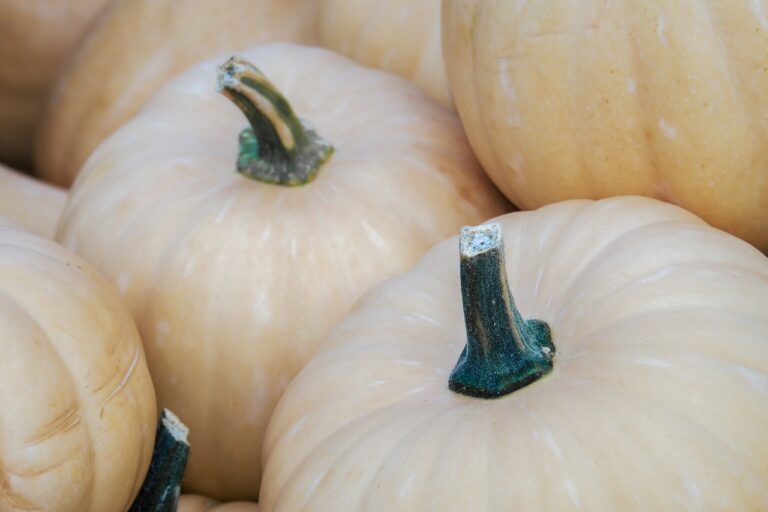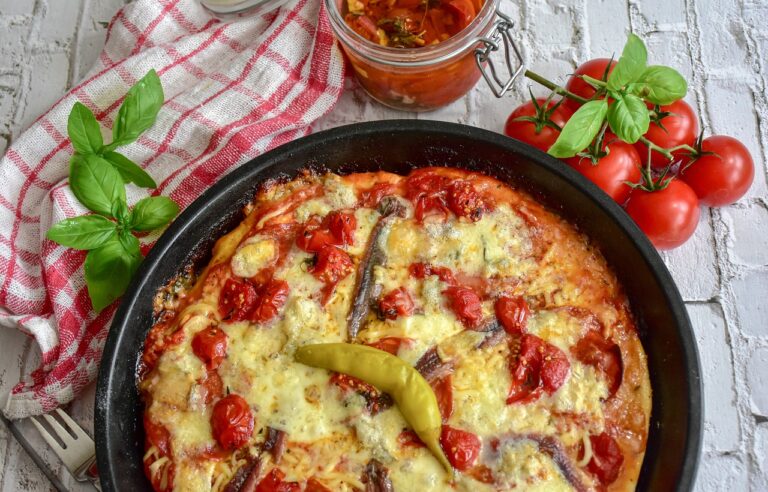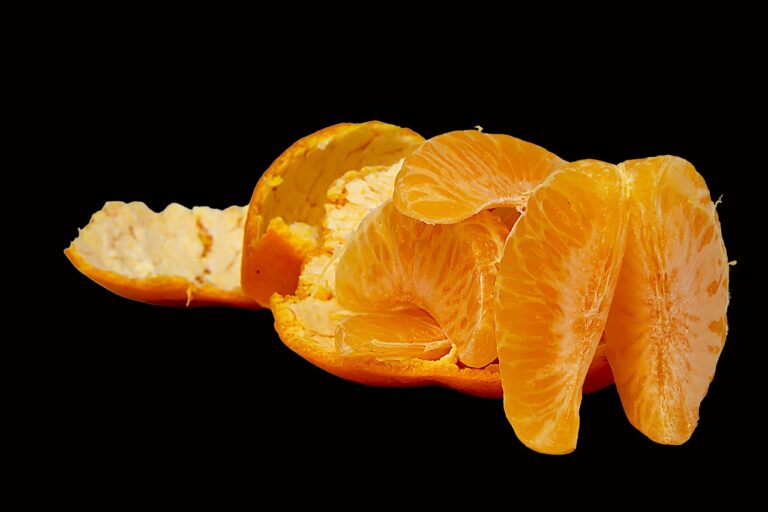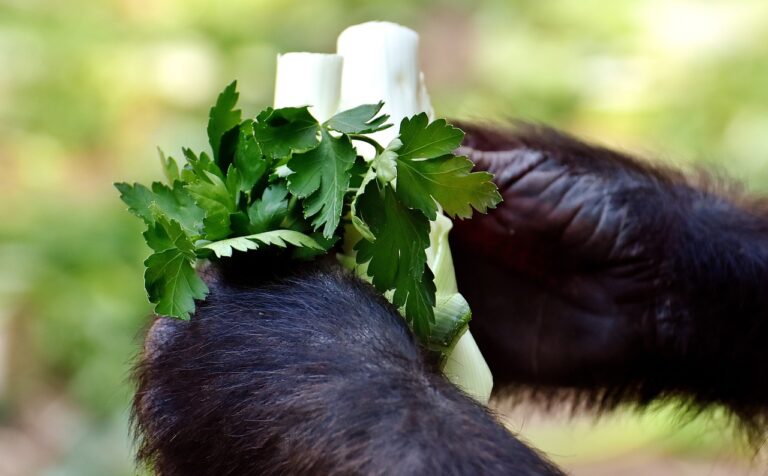The Role of Snacks in Cultural Celebrations and Festivals: 11xplay online id, India 24 bet login, Sky fair vip
11xplay online id, india 24 bet login, sky fair vip: The role of snacks in cultural celebrations and festivals is a significant and cherished aspect of many societies around the world. Food has always been a central part of any cultural gathering or event, bringing people together to celebrate and honor traditions. Snacks, in particular, play a unique role in these festivities, offering a taste of culture and history in every bite.
Cultural celebrations and festivals are often marked by a variety of traditional foods and snacks that hold special meaning for the community. These snacks are not just a source of sustenance but are also a way to connect with one’s roots, pass down recipes through generations, and celebrate the unique flavors of a particular culture.
In many cultures, snacks are an essential part of religious festivals, social gatherings, and special occasions. Whether it’s a plate of samosas during Diwali in India, churros at a Spanish fiesta, or mooncakes during the Mid-Autumn Festival in China, snacks are a symbol of joy, togetherness, and tradition.
The significance of snacks in cultural celebrations goes beyond just their taste and appearance. They are often tied to specific customs, rituals, and beliefs that have been passed down for centuries. For example, in Mexico, the tradition of eating tamales during Christmas dates back to the colonial period, symbolizing unity and sharing among family and friends.
Furthermore, snacks are also a way to showcase the diversity and richness of a culture’s culinary heritage. Each snack tells a story of the region it comes from, the ingredients used, and the techniques involved in its preparation. Whether it’s baklava from Turkey, empanadas from Latin America, or beignets from New Orleans, every snack has a unique story to tell.
In addition to their cultural significance, snacks also play a practical role in cultural celebrations and festivals. They are often served as quick and convenient bites that can be enjoyed on the go, allowing people to mingle, dance, and participate in activities without having to sit down for a full meal. Snacks are also a way to keep people energized and satisfied during long hours of festivities, ensuring that everyone can fully enjoy the experience.
Moreover, snacks are a way to bring people together and foster a sense of community and connection. Sharing food is a universal way to create bonds, build relationships, and celebrate common values. In many cultures, offering snacks to guests is a sign of hospitality and goodwill, a gesture of kindness and generosity that transcends language and cultural barriers.
In conclusion, the role of snacks in cultural celebrations and festivals is a vital and cherished tradition that brings people together, celebrates heritage, and creates lasting memories. Whether it’s a simple street food snack or a traditional delicacy, snacks play a significant role in preserving culture, promoting unity, and honoring the diversity of the world’s culinary traditions.
FAQs
Q: What are some popular snacks served during cultural celebrations and festivals?
A: Some popular snacks served during cultural celebrations and festivals include samosas (India), churros (Spain), mooncakes (China), tamales (Mexico), baklava (Turkey), empanadas (Latin America), and beignets (New Orleans).
Q: Why are snacks important in cultural celebrations?
A: Snacks are important in cultural celebrations because they symbolize unity, sharing, and tradition. They bring people together, showcase culinary heritage, and create a sense of community and connection.
Q: How do snacks contribute to the overall festival experience?
A: Snacks contribute to the overall festival experience by providing quick and convenient bites that can be enjoyed on the go, keeping people energized and satisfied, and promoting social interaction and camaraderie.







